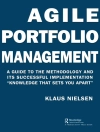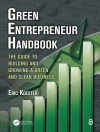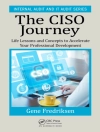Between the world wars, unemployment spread throughout the industrialised world like a disease. In Bread and Work, Matt Perry places this global unemployment crisis in its proper international context. Focusing on Britain, Europe and the United States, he compares and contrasts popular attitudes and the government response toward unemployment.
Looking beyond statistics and economic cycles, Perry investigates the human impact of unemployment. He uncovers the experience of being jobless from the perspective of those who lived through it, their employers and their communities. He uses oral history, memoirs, literary accounts, and newspaper articles to reveal the reality of unemployment.
Perry argues that the scale of the crisis has been minimised by historians who have tended to emphasise that prolonged unemployment was the problem of the distressed fringe.
Finally, Perry argues that the lessons of the 1930s have direct relevance today since the structural problems of industrial capitalism remain inherent.
Cuprins
Preface
List of tables
Introduction
1. Unemployment: history and perspectives
British Experience:
2. Government, Employers and Unemployment
3. The Experience of Unemployment
4. The Labour Party and Unemployment
5. Unemployed Struggles
International comparisons:
6. The Unemployed in the USA
7. The Unemployed in Europe
Conclusions
Glossary
Tables
Bibliography
Despre autor
Matt Perry teaches at the University of Sunderland. He is the author of Bread and Work (Pluto Press, 2000).












